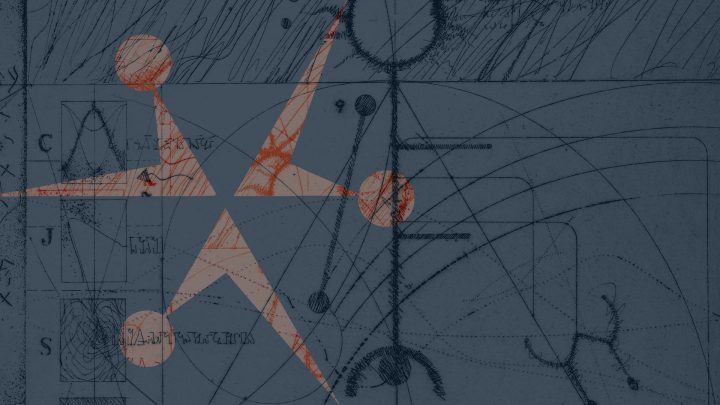
The Myth of the New Consumer

Read some of the latest theories of the hip & happening SoMe experts and, apparently, the influence of the web is so strong that an entirely separate species has evolved – one that EuroRCSG calls the “New Consumer” (I call it “homo-impossiblus“). Of course, this mysterious new consumer is so elusive that we can only learn about them by buying books, paying consultants, or buying expensive research reports.
And the biggest myth about this consumer is some odd idea that they don’t respond to salesmanship. (I’ve written more about salesmanship and this consumer here.)
Mythology of the New Consumer. To see how far these ideas have polluted the ad world, I’m going to skip Seth Godin (one passionate advocate) and, instead, quote EuroRCSG:
“Now we see the emergence of a new group of people who are taking the lessons of mindful consumption and the move away from hyperaccumulation to heart–living in a way that emphasizes simplicity and values over trips to the mall. Writing in USA Today, Bob Smietana describes these “new monastics” thusly…”(Link here.)
The Millenial segment labeled New Monastics shares a mythical purity historically found only with Sir Galahad. Here’s another example from a May 1, 2011 report from McCann Worldgroup.
“If we want to truly grasp the power of connection for this generation, we can look at how they want to be remembered. It is not for their beauty, their power, or their influence, but simply for the quality of their human relationships and their ability to look after those around them.” (Link here.)
Yikes – what tripe. I teach at a university AND have a 13 year old son so I’m in decent touch with Millenials. There are some who reflect the McCann statement. But there always have been – so it’s nothing new. And, as always, the majority are far different from what the McCann team wrote (to be clear – far different in very good human ways).
We Should Remember Past Utopians – Like “New Soviet Man” Theory. This New Consumer theory isn’t new and shares an ignorance of human behavior with other notable utopian ideas of the past. You don’t have to read too deeply to find Marxists, like Trotsky, talking about the theory of the New Soviet Man:
“Man will make it his purpose to master his own feelings, to raise his instincts to the heights of consciousness, to make them transparent, to extend the wires of his will into hidden recesses, and thereby to raise himself to a new plane, to create a higher social biologic type, or, if you please, a superman.” (Link here.)
Hmmm. Similar Galahad-like purity and the New Soviet Man also never reflected the reality of human behavior. (The true Soviet man or woman turned out to be dystopian – either a party apparatchik OR ordinary people living below the radar to avoid authoritarian punishments.)
Communication channels may change – but human nature doesn’t. The instincts to consumerism are as old as humanity itself. They may have begun with the first hunter who preferred one type of rock over another because it was more effective. Or with the primitive man or woman who rejected one fur in favor of another. Or perhaps with the family group that preferred a less functional cave over an exciting new one out of habit and comfort.
As people, we like choosing the things we surround ourselves with – it’s a fundamental truth of humanity. So a “New Consumer”? I don’t think so.
Copyright 2011 – Doug Garnett – All Rights Reserved
Categories: Communication, Research & Attribution
Sorry, comments are closed for this item.
